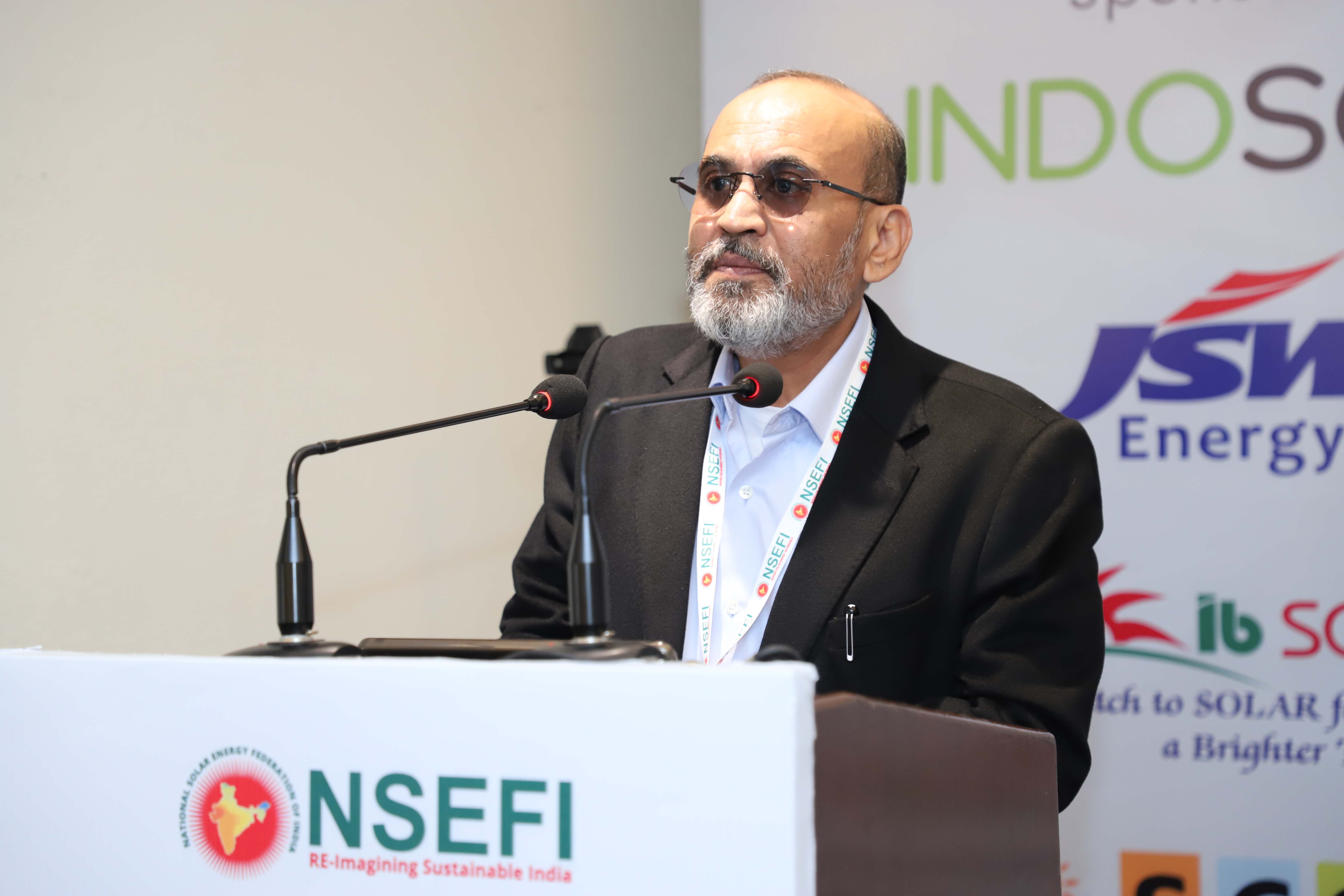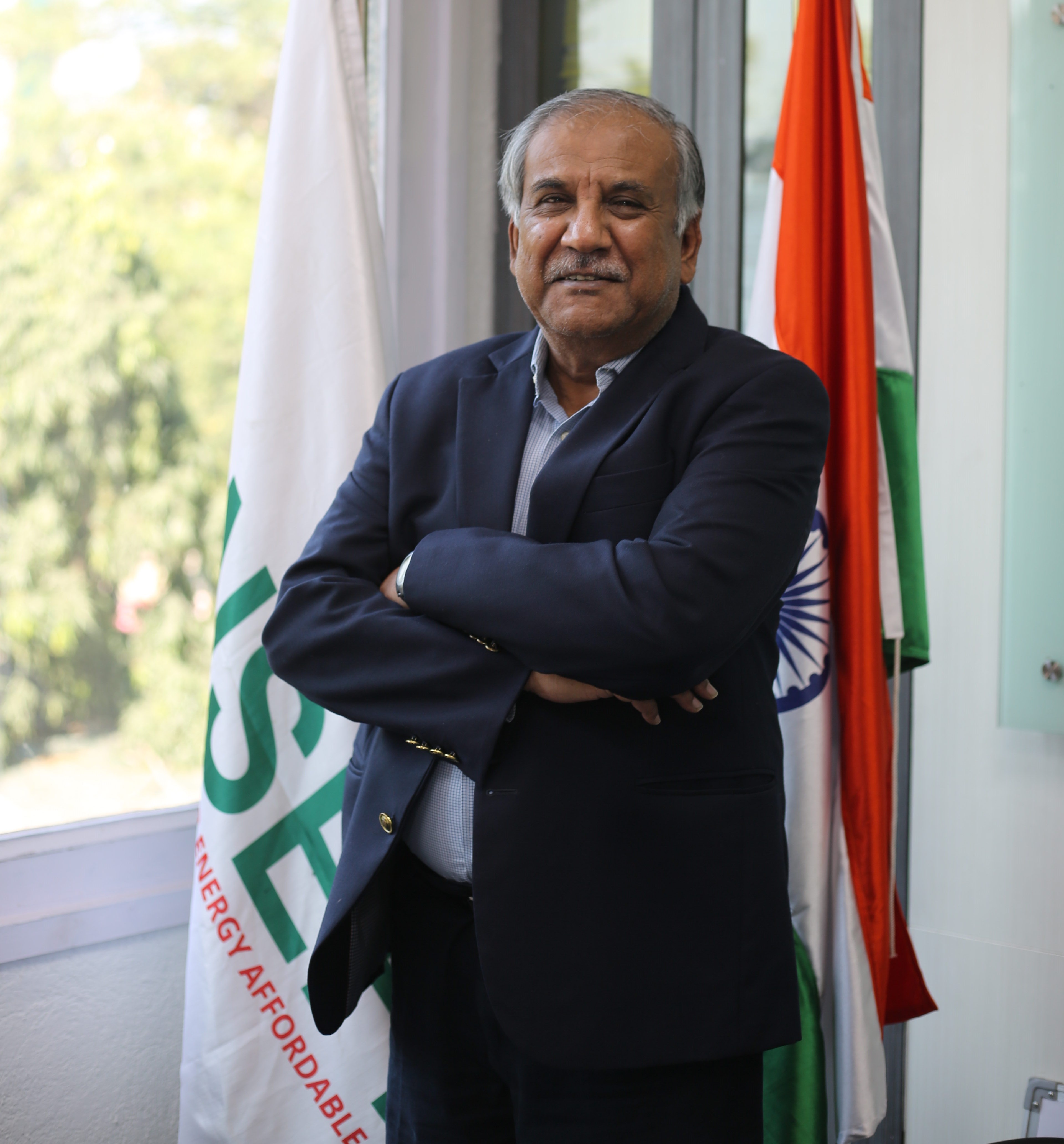Chintan Shah

Mr. Shah brings with him rich expertise of three decades in various roles across the value chain of India’s Renewable Energy ecosystem including Solar, Wind, Storage, Manufacturing, Financing, R&D and Policy formulation. In his previous role, as Director (Technical) at Indian Renewable Development Agency (IREDA), he led the mission for achieving MOU Targets pertaining to Loan Sanctions, Disbursement, Gross Margin, Gross Sales, NPAs, Recovery from NPAs, Corporate Social Responsibility, Sustainable Development, Research and Development etc. He has also spearheaded multiple projects for appraisal, financing, policy formulation, planning and monitoring of Renewable Energy Projects of Wind, Small Hydro, Medium and Large Hydro, Biomass, Cogeneration, Solar Energy, Biogas, Waste to Energy and Energy Efficiency Projects.
Prior to joining IREDA, he was the President at SUZLON Group of Companies. He started his career from TERI as Research Associate in the year 1996 and left TERI in 2001 He joined SUZLON as General Manager in the year 2001. He worked as President with SUZLON till February, 2018 before joining IREDA as the Director (Technical).
Publication

Decarbonising Indian agriculture: Chunk of capital needed for sustainable agri-pathways can come from repurposing existing subsidies
As per India’s third Biennial Update Report , in 2016, agriculture and livestock emitted 407,821 Gg of CO2e, around 14% of total emissions. Out of this, 61.3% is linked to livestock. The figures for Land use (LULUCF) are net sink of 307,820 Gg CO2e, representing 15% removal from total emissions, primarily from forest and cropland Read More

Net Zero Emission: Deep greening needs sharper focus
Most of the discussion on decarbonisation has focused on switching from coal to renewable energy and the transition to electric vehicles. However, the totality encapsulated in the net zero emission (NZE) target is far more complex. Here, we look at the challenges facing deep decarbonisation of industry, transport and buildings Read More

What India should do to get its energy transition right
India has committed in the 2015 Paris Agreement to reduce GHG emissions intensity by 33-35% below 2005 levels, and achieve 40% of installed electric power capacity from non-fossil sources by 2030. In this context at the UN General Assembly in 2019 we announced a target of 450 GW of renewable energy (RE) also generally understood to be achieved by 2030. Read More








